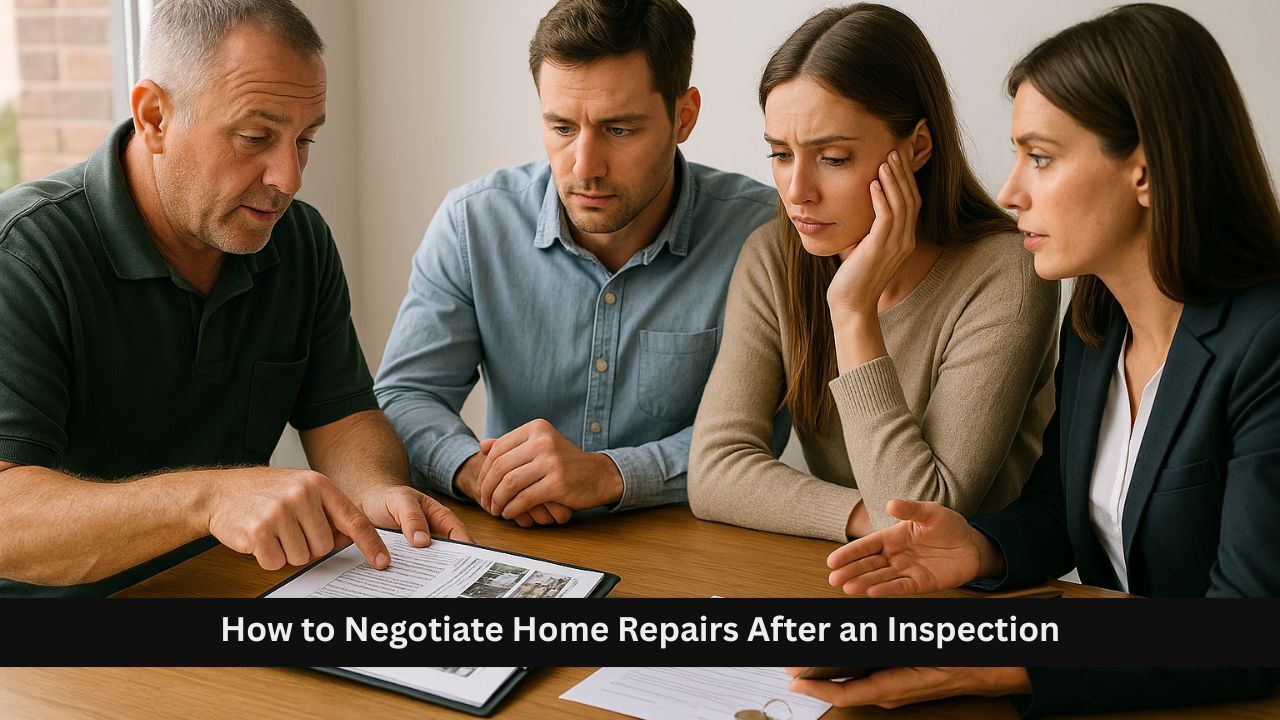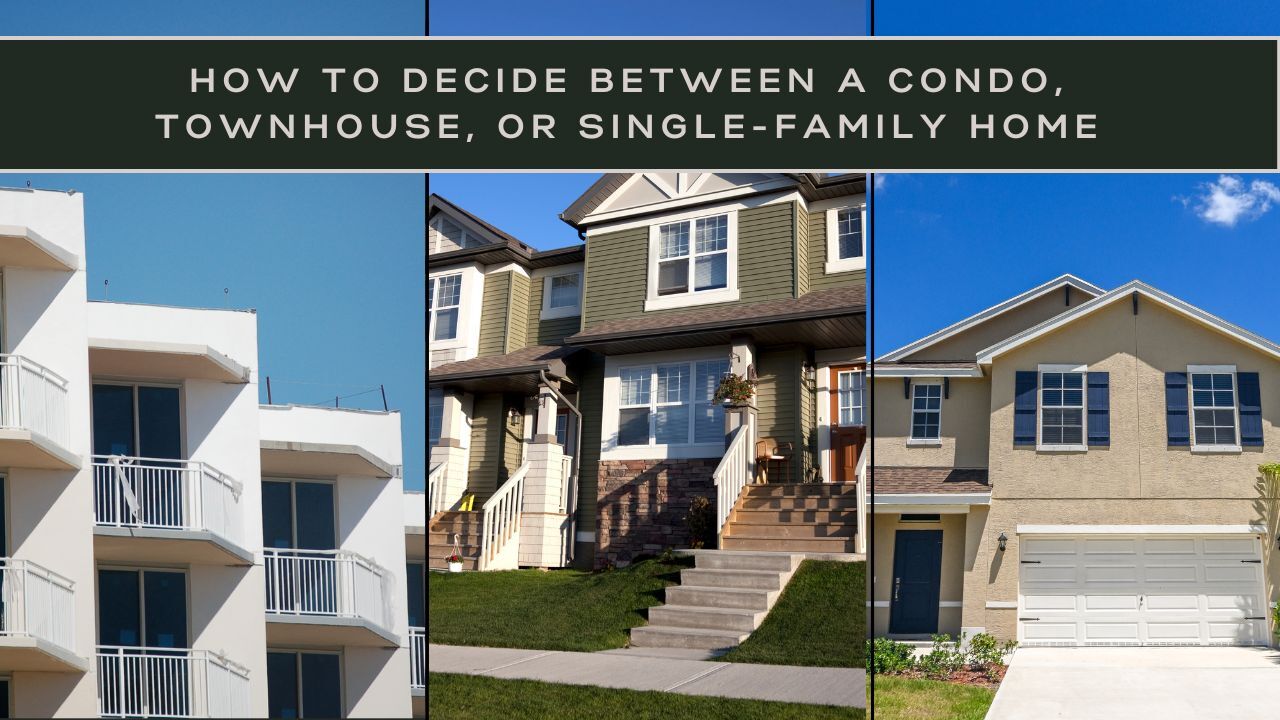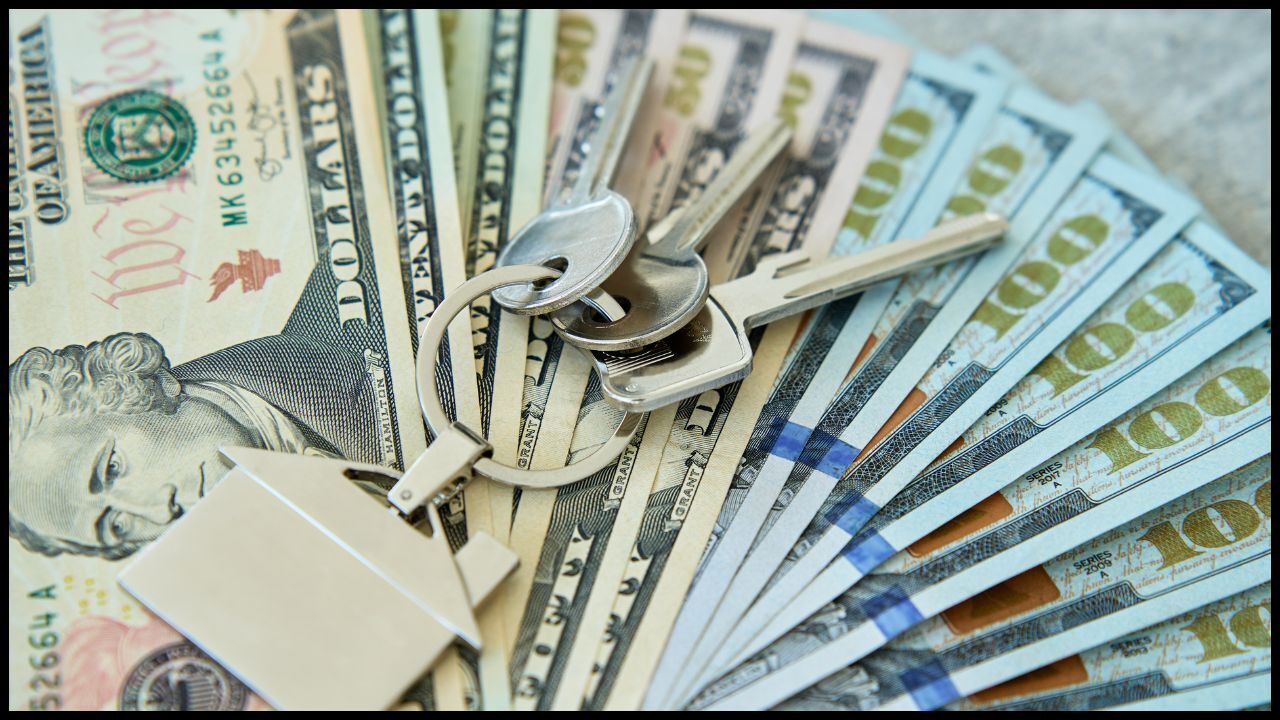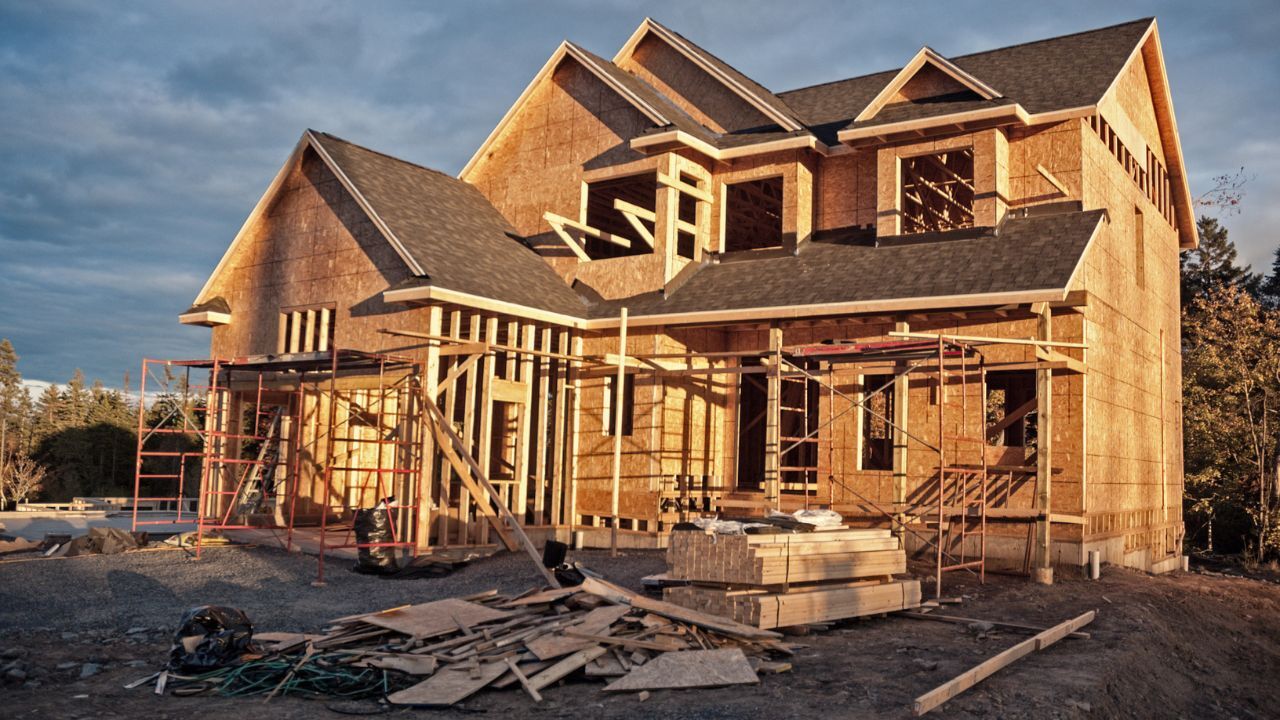 A home inspection is one of the most important steps in the home buying process. It gives buyers a clear picture of the property’s condition and can uncover issues that are not visible during a showing. From roofing problems to electrical concerns, an inspection helps ensure you know exactly what you are purchasing. However, once the report arrives, the next step, and negotiating repairs, can feel overwhelming.
A home inspection is one of the most important steps in the home buying process. It gives buyers a clear picture of the property’s condition and can uncover issues that are not visible during a showing. From roofing problems to electrical concerns, an inspection helps ensure you know exactly what you are purchasing. However, once the report arrives, the next step, and negotiating repairs, can feel overwhelming.
Reviewing the Inspection Report
When you receive the inspection report, take time to review it carefully with your real estate agent. Not every issue requires a repair or credit request. Focus on major concerns such as structural problems, roof damage, plumbing leaks, electrical hazards, or issues that impact safety or livability. Minor cosmetic flaws or small maintenance items are usually best handled after closing.
Prioritize the Big Repairs
The key to a successful negotiation is knowing what truly matters. A cracked windowpane may be a simple fix, but foundation issues or a failing HVAC system could be costly and deserve attention before the sale proceeds. Your agent can help you prioritize which repairs are essential and which can be negotiated as part of a credit or price reduction.
Explore Your Options
When inspection issues arise, buyers generally have three options: request that the seller make repairs, ask for repair credit at closing, or negotiate a price reduction. Each approach has advantages. Having the seller complete the repairs before closing ensures the work is done, but some buyers prefer a credit or discount to hire their own contractors after the purchase. This provides more control over quality and timing.
Be Professional and Fair
Approach the negotiation as a conversation rather than a confrontation. Remember that both parties want the transaction to move forward. Provide clear documentation from the inspection report and estimates from licensed contractors when possible. This shows that your requests are reasonable and based on facts, not emotions. Maintaining a cooperative tone can make a big difference in how the seller responds.
Rely on Your Agent’s Expertise
Your real estate agent is your greatest resource during this stage. Experienced agents know how to frame requests, communicate effectively with the sellerís side, and keep the deal moving. They can help you balance firmness with flexibility, ensuring your needs are met without jeopardizing the transaction.
Negotiating home repairs after an inspection is about finding balance. The goal is not to get a perfect home, but a fair deal based on the propertyís true condition. By focusing on major issues, presenting clear evidence, and keeping the conversation respectful, you can reach an agreement that benefits both sides. A well-handled negotiation protects your investment and sets the stage for a smoother closing.
 Choosing the right type of home is one of the most important decisions a buyer can make. Condos, townhouses, and single-family homes each offer unique benefits and challenges. The best choice depends on your lifestyle, budget, and long-term goals. Understanding what sets them apart can help you make a confident and informed decision.
Choosing the right type of home is one of the most important decisions a buyer can make. Condos, townhouses, and single-family homes each offer unique benefits and challenges. The best choice depends on your lifestyle, budget, and long-term goals. Understanding what sets them apart can help you make a confident and informed decision. In today’s competitive real estate market, buyers often find themselves going up against all cash offers. It can be discouraging to see a dream home slip away to someone who can pay outright. However, buyers who use financing still have powerful ways to compete, and win, when they approach the process strategically.
In today’s competitive real estate market, buyers often find themselves going up against all cash offers. It can be discouraging to see a dream home slip away to someone who can pay outright. However, buyers who use financing still have powerful ways to compete, and win, when they approach the process strategically. Buying a newly built home can feel exciting and fresh, but there are unique considerations that many buyers overlook. Understanding the nuances of new construction ensures you make informed decisions, avoid surprises, and protect your investment throughout the building and buying process.
Buying a newly built home can feel exciting and fresh, but there are unique considerations that many buyers overlook. Understanding the nuances of new construction ensures you make informed decisions, avoid surprises, and protect your investment throughout the building and buying process. Buying a home is exciting, but the process comes with important legal documents that require careful attention. Your home purchase agreement is one of the most critical papers you will sign, outlining the terms of your offer, contingencies, and obligations as a buyer. Understanding this agreement ensures you protect your interests, avoid surprises, and navigate the transaction with confidence.
Buying a home is exciting, but the process comes with important legal documents that require careful attention. Your home purchase agreement is one of the most critical papers you will sign, outlining the terms of your offer, contingencies, and obligations as a buyer. Understanding this agreement ensures you protect your interests, avoid surprises, and navigate the transaction with confidence. When buying a home, understanding the role of an earnest money deposit can make the difference between a smooth transaction and unnecessary stress. Earnest money shows a seller that you are serious about purchasing their property, and it often plays a key role in negotiating and securing your dream home. Knowing how it works, how much to offer, and what can happen to your deposit is essential for any buyer.
When buying a home, understanding the role of an earnest money deposit can make the difference between a smooth transaction and unnecessary stress. Earnest money shows a seller that you are serious about purchasing their property, and it often plays a key role in negotiating and securing your dream home. Knowing how it works, how much to offer, and what can happen to your deposit is essential for any buyer.